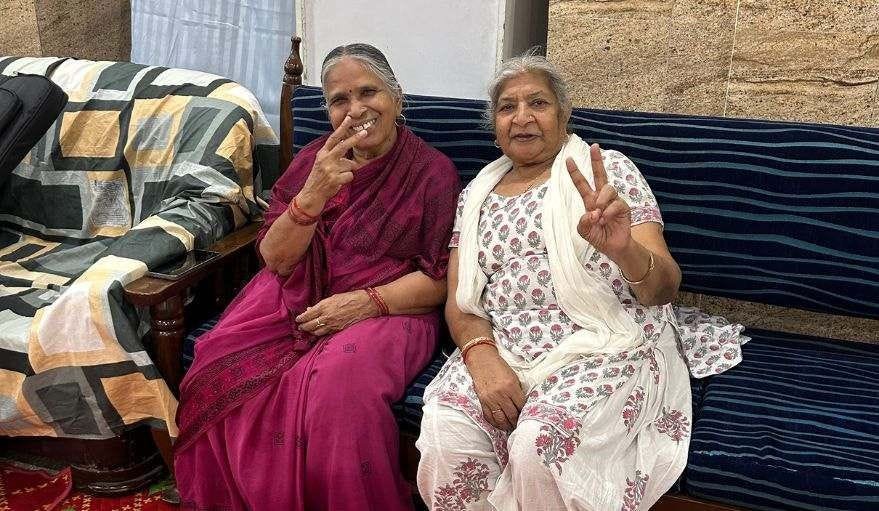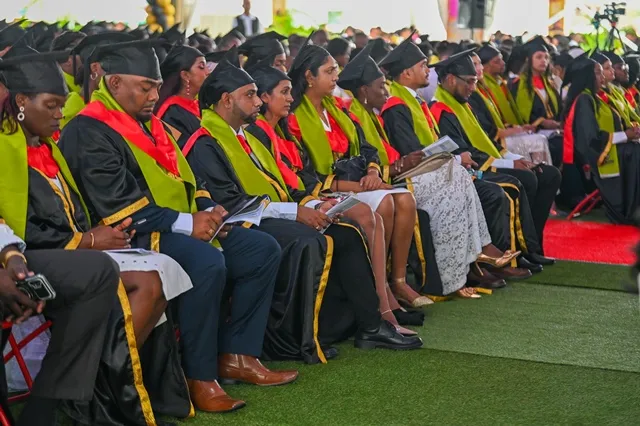With national elections set for 1 September 2025, the opposition Alliance For Change (AFC) has sparked new debate over electoral integrity by calling for the Guyana Elections Commission (GECOM) to appoint an independent legal adviser, separate from government counsel. The move, AFC says, is critical to protect the perceived independence of the country’s chief electoral body.
In a formal letter to GECOM Chairwoman Justice (Ret’d) Claudette Singh, AFC leader Nigel Hughes requested that the commission retain external legal counsel to advise on potential rule changes, legal challenges, or clarifications in the lead-up to the polls. The party argues that guidance from the Attorney-General (AG)—who represents the government—creates a conflict of interest, especially when the executive is itself a contesting stakeholder.
The AFC’s Position: “Optics Matter”
At the heart of the AFC’s request is the principle of electoral impartiality. The party contends that GECOM’s autonomy must be not just functional but visible, especially at a time when the public’s trust in democratic institutions is paramount.
“We are not impugning the character of any individual,” Hughes said in a press statement, “but it is improper for GECOM to receive direct legal advice from a minister in the sitting government. This goes against the grain of free and fair elections.”
The letter calls for a standing arrangement with a private legal firm or a non-partisan legal adviser—who would be tasked with vetting changes to regulations, handling interpretive questions, and representing GECOM in any court matters that may arise before or after the vote.
GECOM’s Response: “Capacity Already Exists”
Sources within GECOM have confirmed receipt of the AFC’s letter, but indicate that no immediate decision has been taken. According to senior officials, the Commission already employs an internal legal officer and has discretion to retain private counsel when necessary.
“The Chair will raise the issue formally at the next statutory meeting,” a senior source said, “but it’s not as if GECOM is legally dependent on the AG’s office. We have avenues to seek third-party opinion when required.”
Historically, GECOM has used external legal services in contested matters—such as post-election litigation in 2020—but relies on internal legal staff for routine guidance.
Government’s View: “No Interference, No Conflict”
From the government’s side, the Attorney-General’s Chambers maintains that its engagement with GECOM is entirely statutory and non-directive.
Citing Section 8 of the Representation of the People Act, the AG’s office clarified that its role is to offer legal interpretations of statute upon request—not to advise on partisan strategy. “Clarification is not coercion,” said one official familiar with the AG’s position.
Minister of Parliamentary Affairs and Governance Gail Teixeira went further, describing the AFC’s request as “a pre-emptive attempt to cast doubt on the electoral process—even before nomination day.”
She pointed out that the current administration has met all constitutional deadlines for elections, and invited international observers months in advance, suggesting a “good-faith commitment to free and fair elections.”
The Broader Context: Lessons from 2020
This episode touches on deeper sensitivities in Guyana’s electoral landscape, especially in light of the protracted 2020 general elections. Then, under the previous APNU+AFC coalition, elections were delayed by over a year after a no-confidence vote, and the tabulation process itself was mired in legal challenges and allegations of attempted fraud.
In contrast, the current PPP/C administration has announced the 2025 election date nearly five months in advance, allowing ample time for observers, civic education, and logistical planning. GECOM has also published a phased pre-election calendar, including the claims and objections period and voter list finalisation.
Trust and Transparency: The Real Test
While the legal debate over GECOM’s counsel is procedural, it reflects a larger question of institutional trust.
For the opposition, ensuring separation between executive and electoral authority is a foundational safeguard—and even the appearance of impropriety is cause for concern. For the government, the on-time scheduling of elections, infrastructure upgrades, and open-door policy to observer groups are proof of commitment to democratic norms.
Ultimately, whether or not GECOM brings in external legal counsel, its ability to act—and be seen to act—fairly, independently, and efficiently will define how Guyanese voters and the global community assess the credibility of the 2025 election.
Sources: Stabroek News, Village Voice News, Representation of the People Act, AG Chambers, Ministry of Parliamentary Affairs
- Ali: “Include AI in the Constitution” – President Wants Digital Age Reflected in Reforms
- Election Tracker: PPP Rides Economic Wave as Opposition Seeks to Regain Narrative
- Inside Parliament: New Oil Spill Liability Law Ushers in Era of Environmental Accountability
- Elections 2025: Guyana Enters Defining Season with Stability on the Ballot




